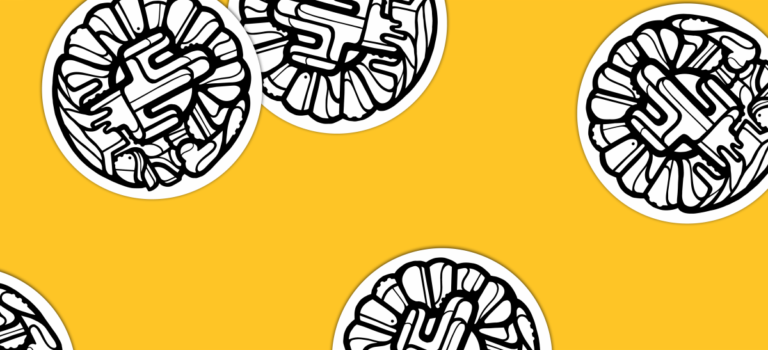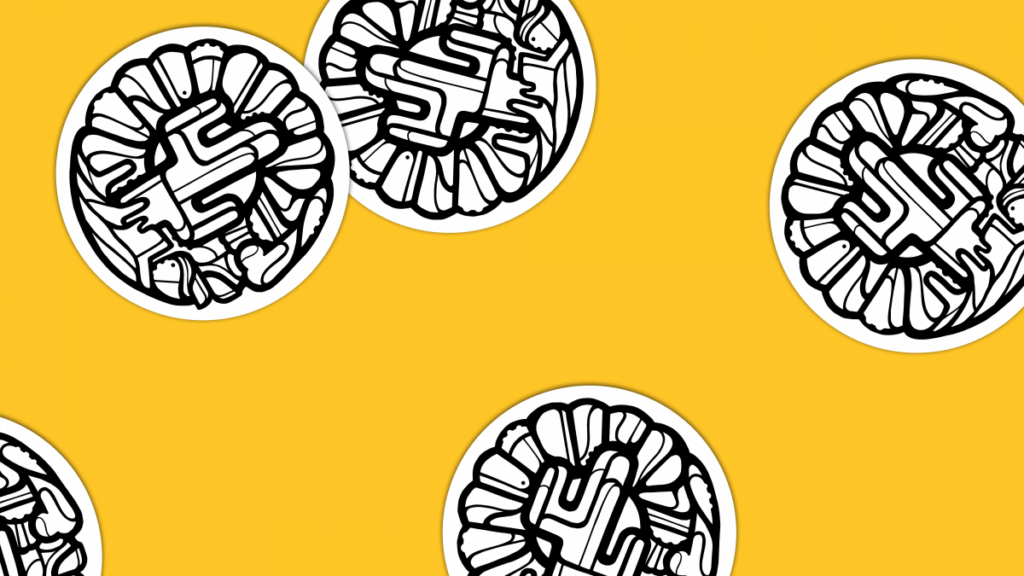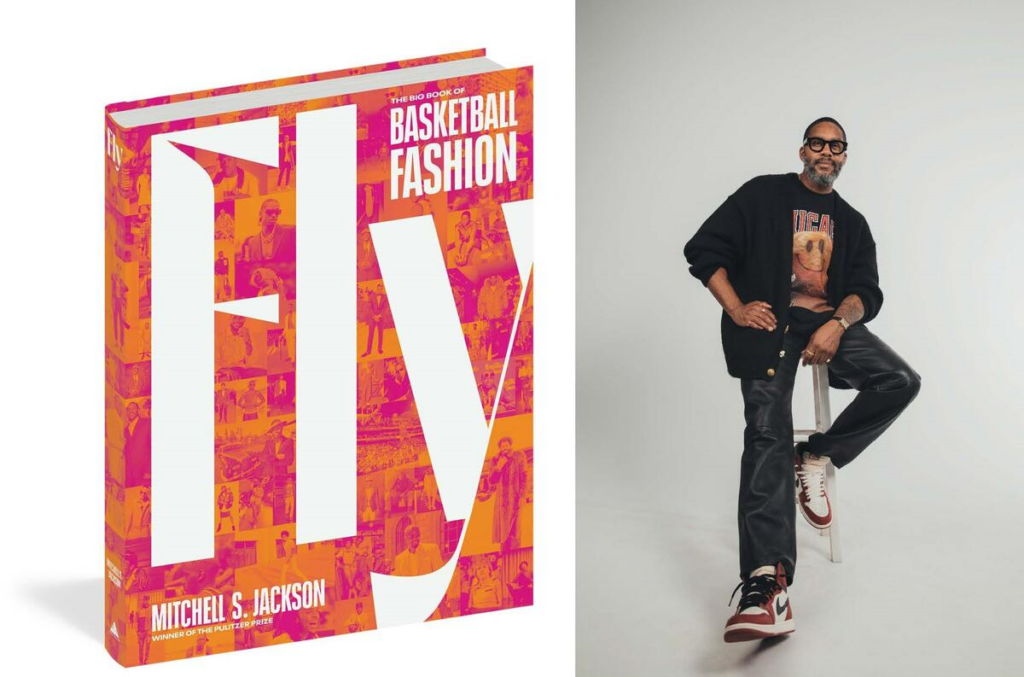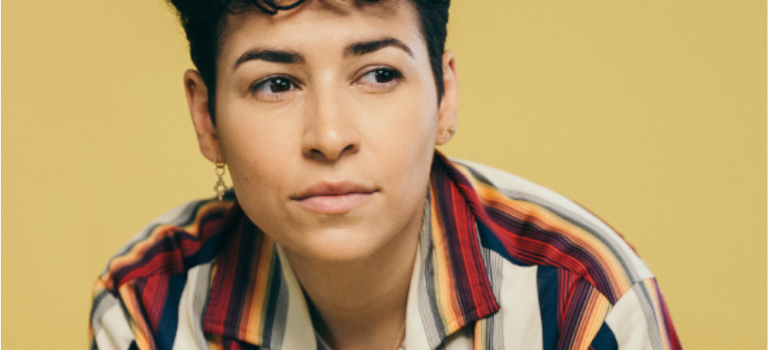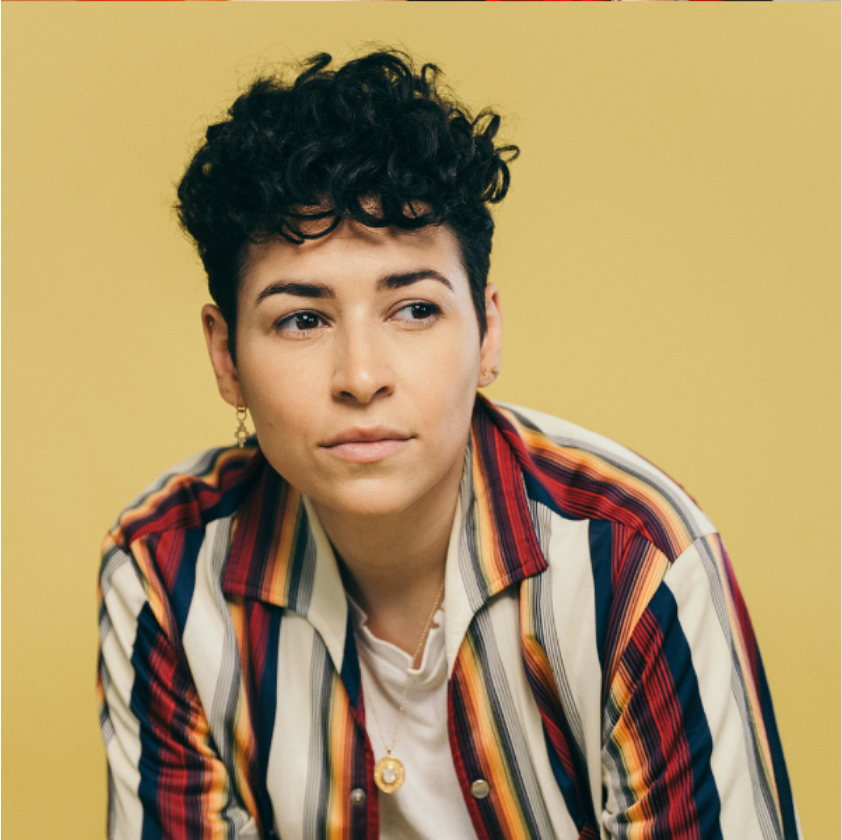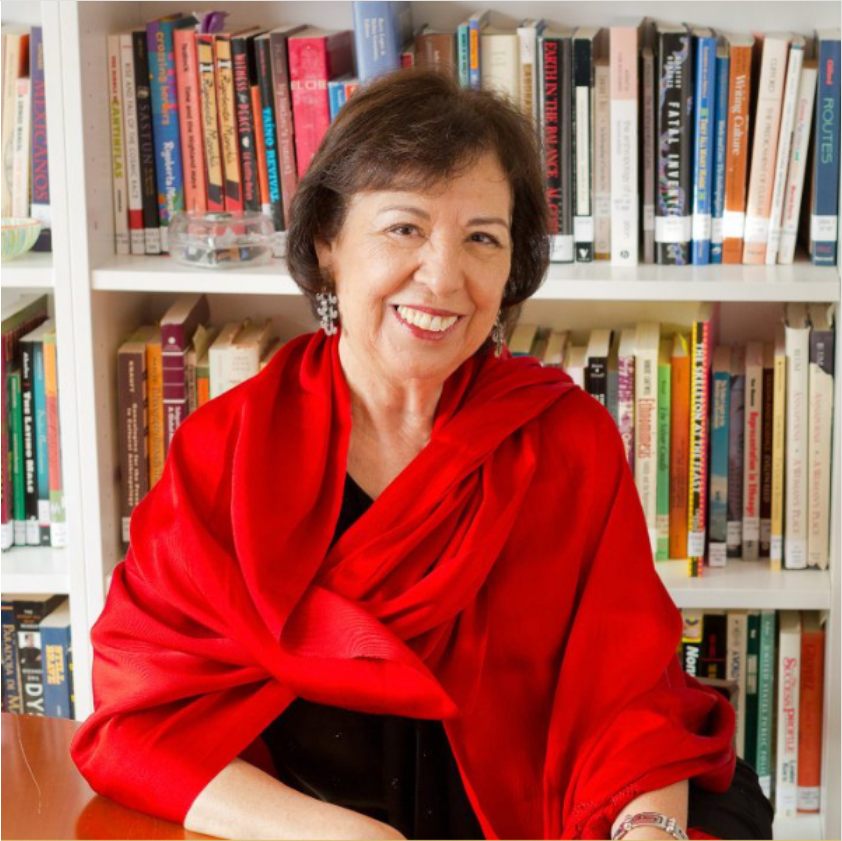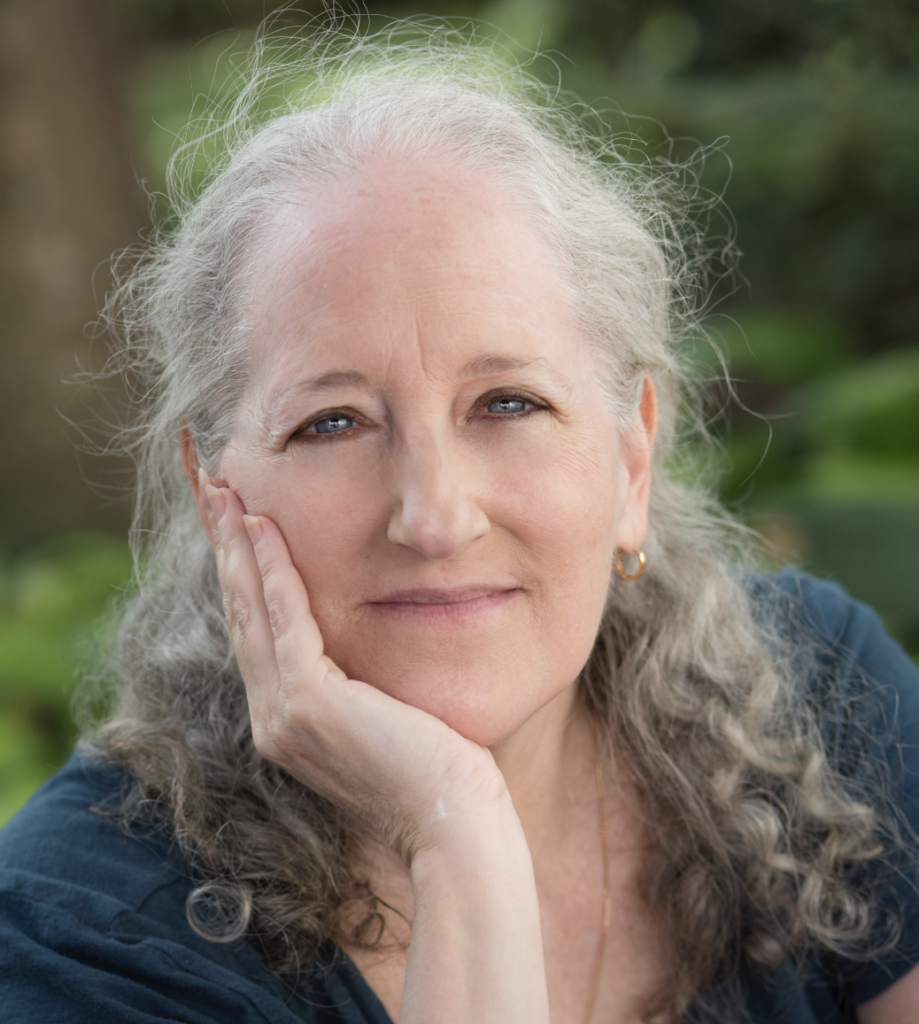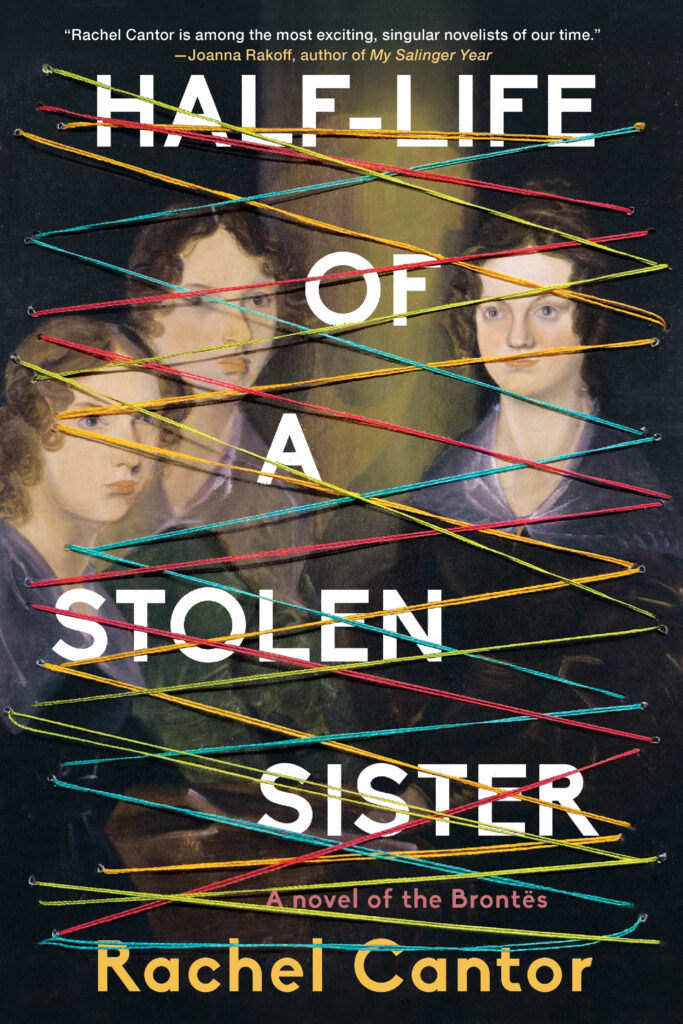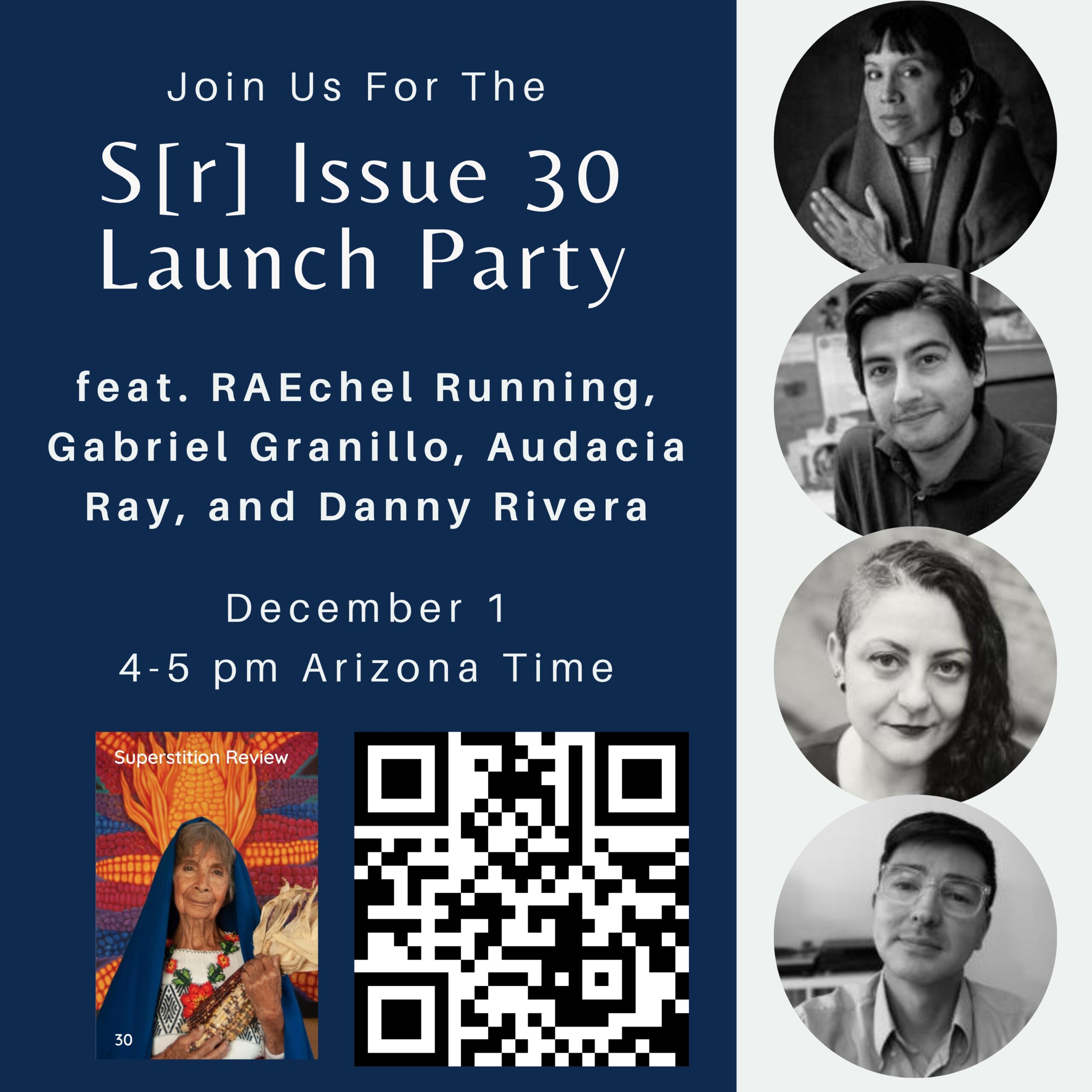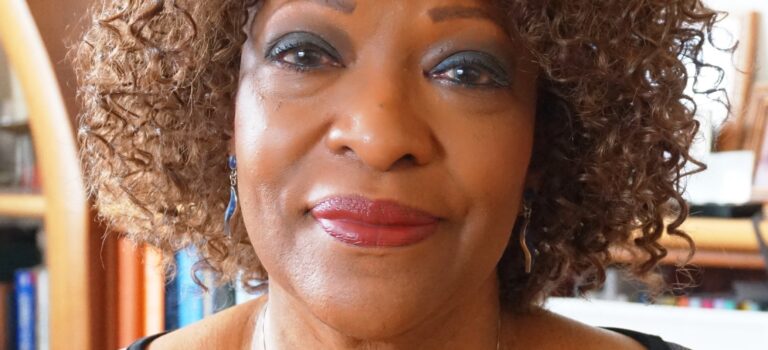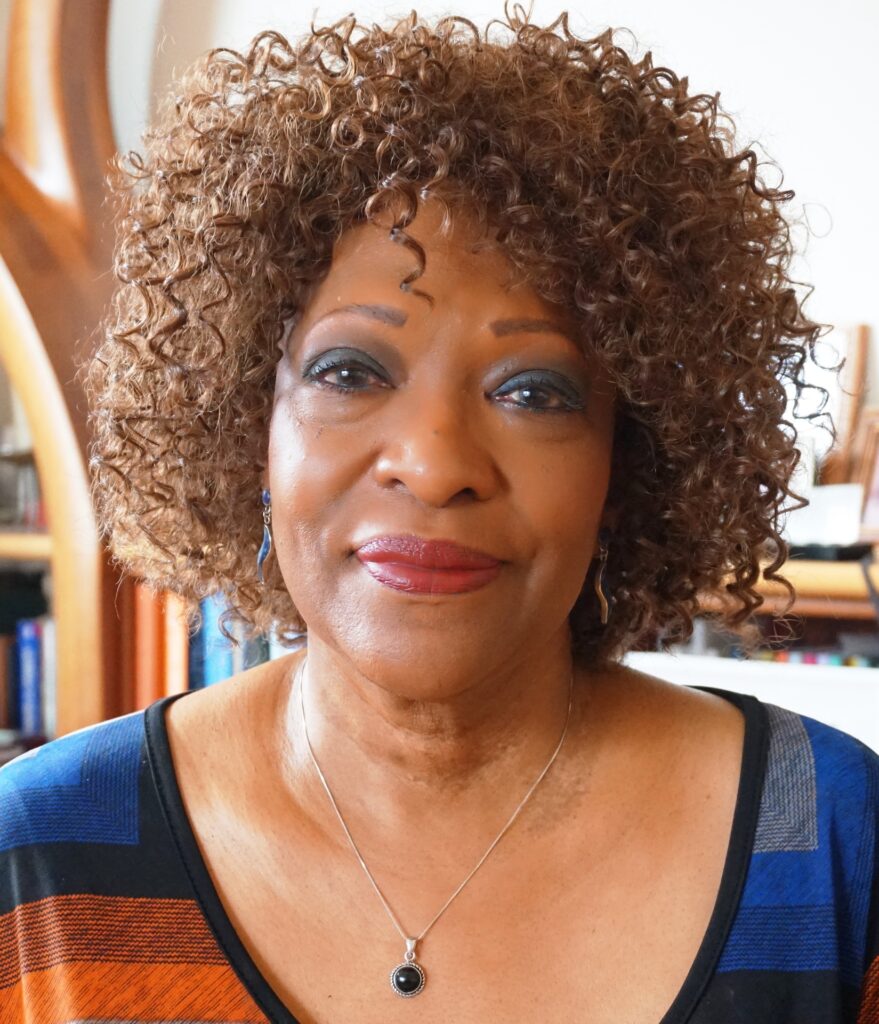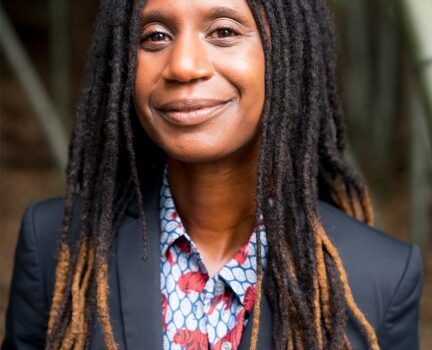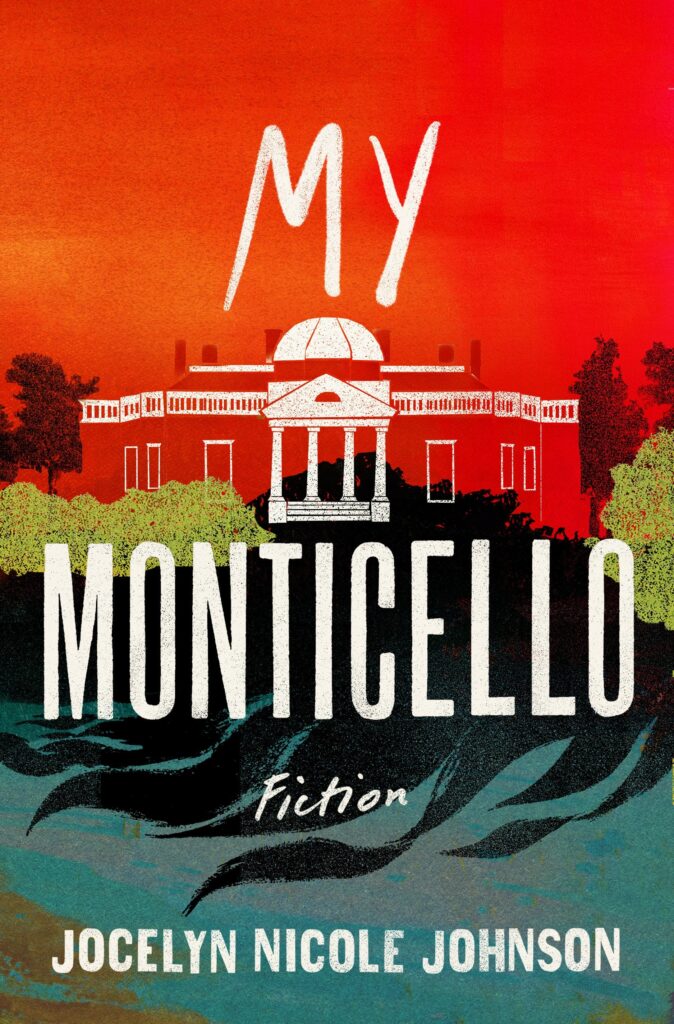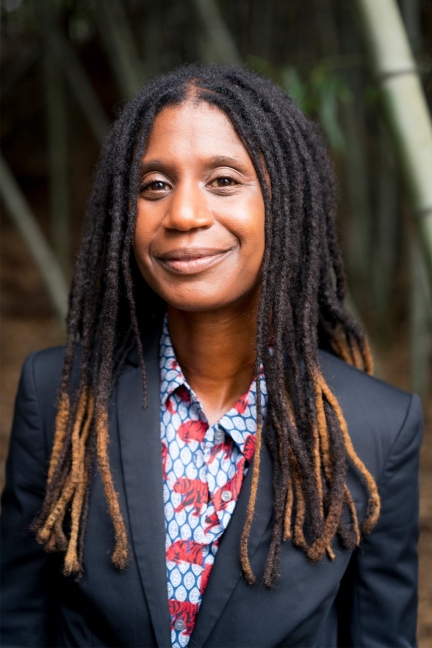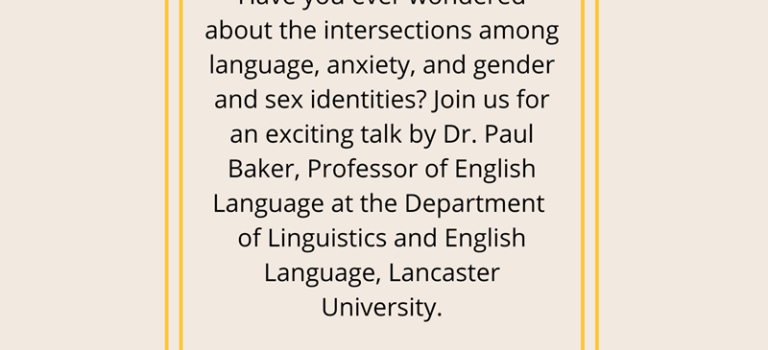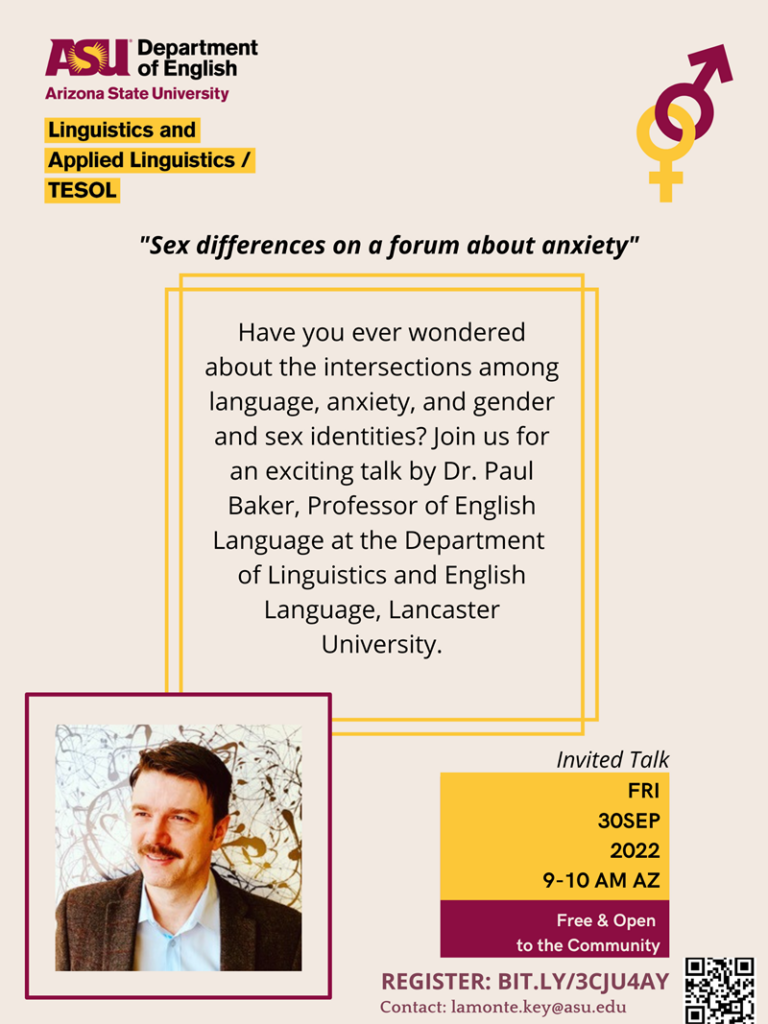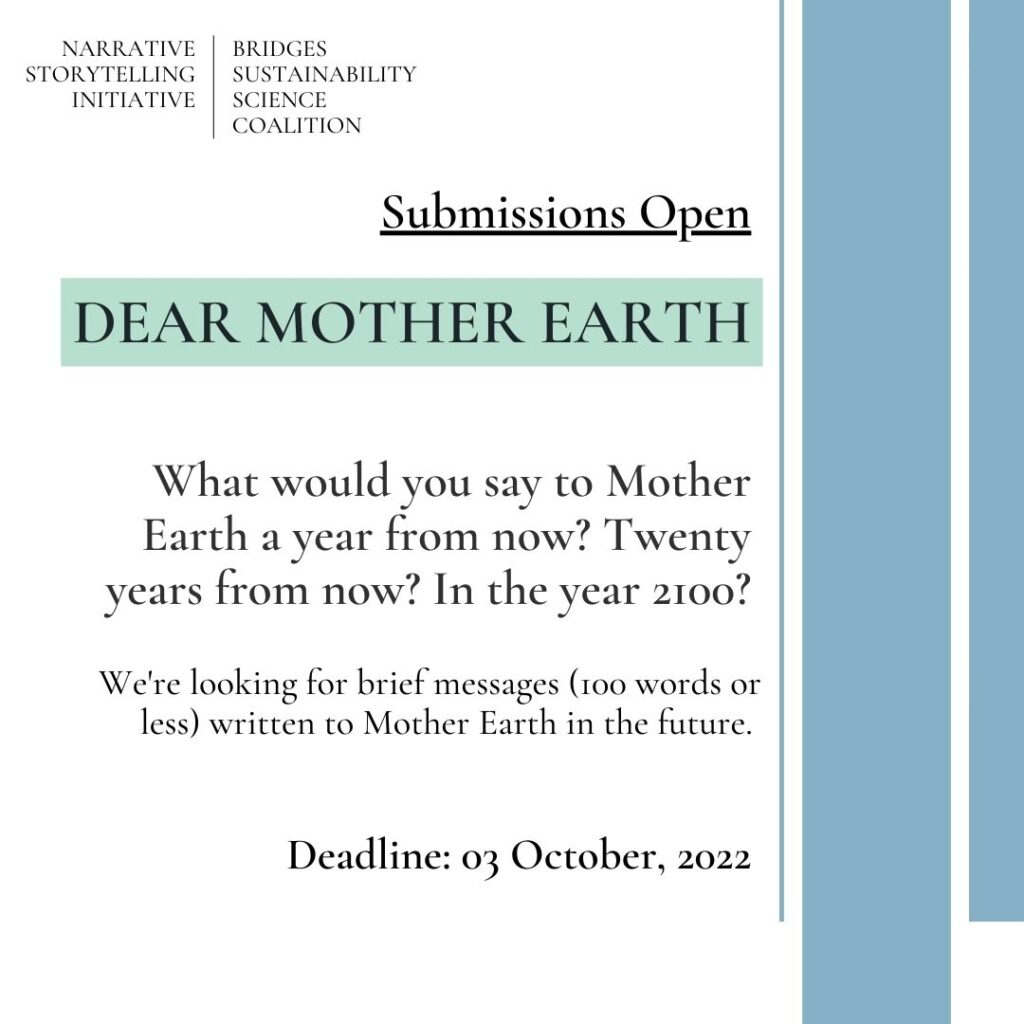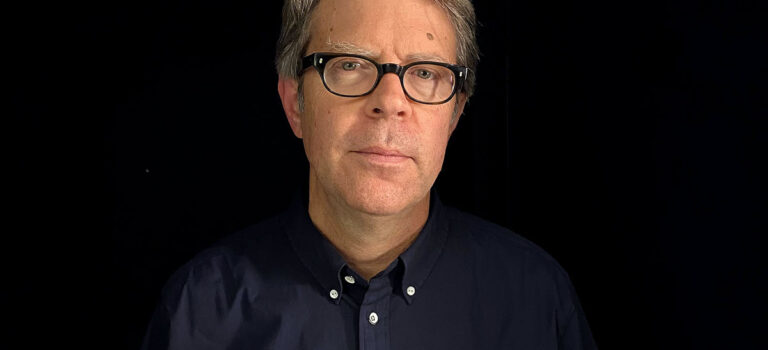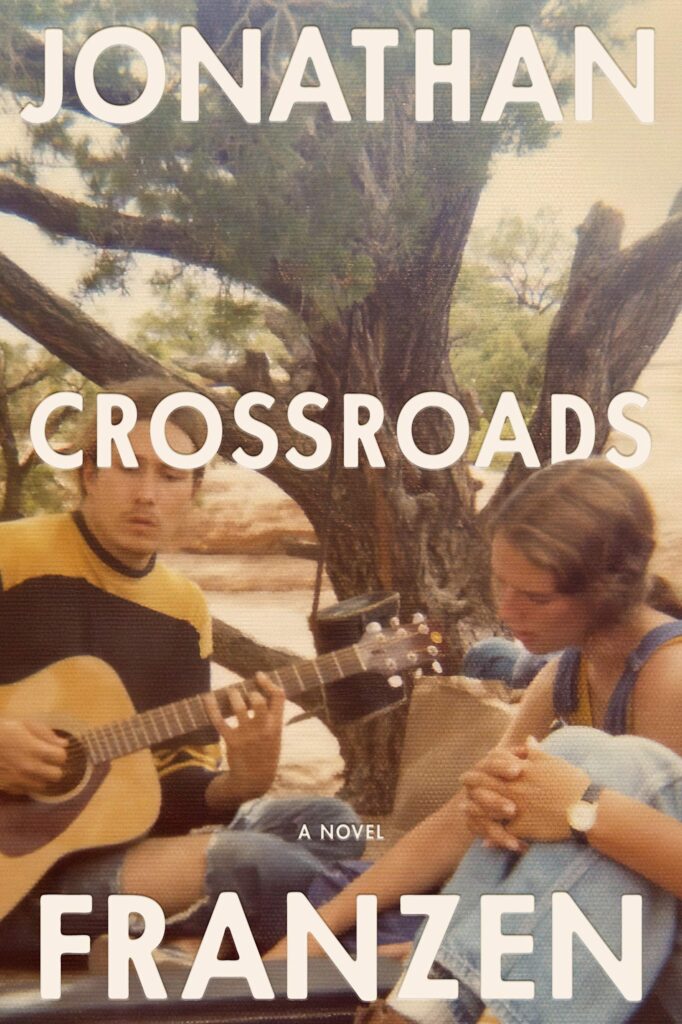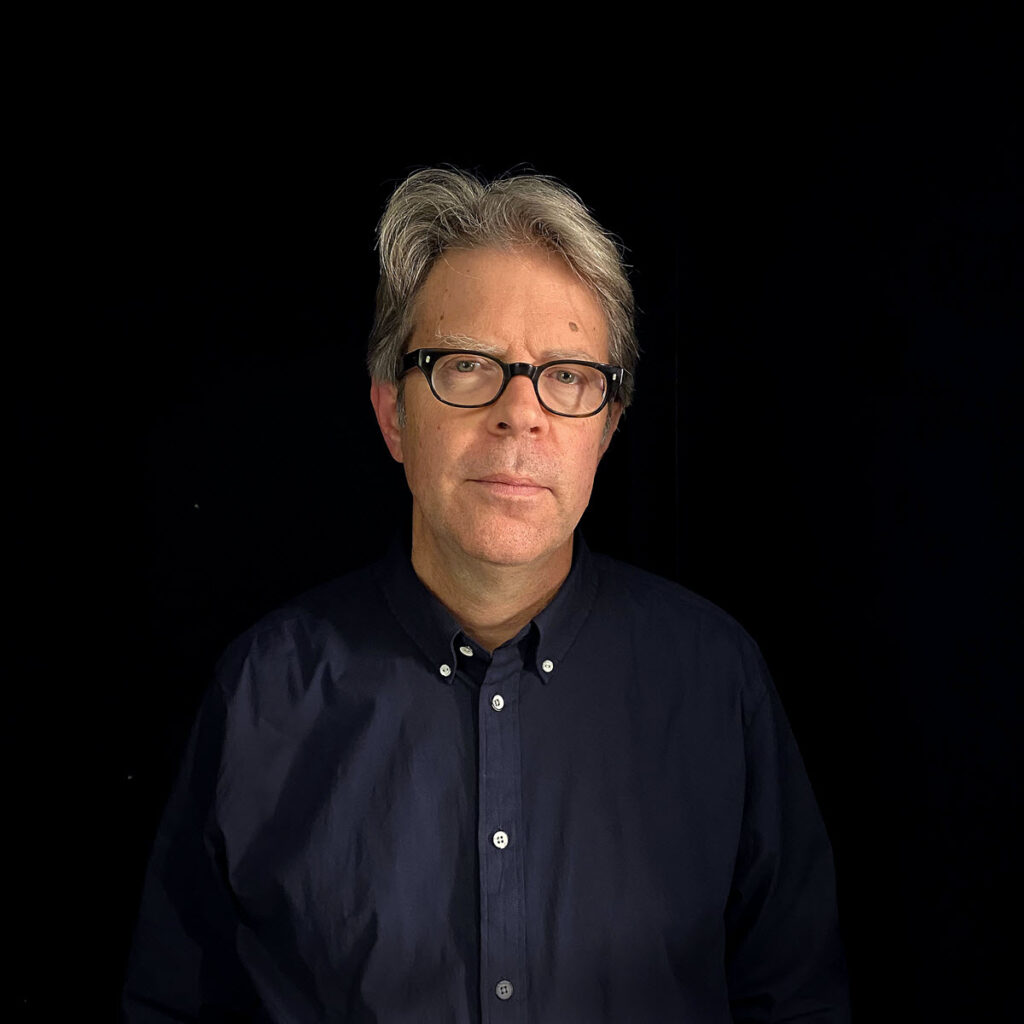The Department of English at Arizona State University is putting on a series of informative and educational events this October. Take a look at some of the happenings on campus:
John Plotz – ‘We Have Always Been Posthuman: Speculative Satire before Science Fiction’ | October 2nd

Come to the annual Ian Fletcher Memorial Lecture, sponsored by the Department of English in honor of Professor Ian Fletcher (1920-1988). This year’s lecture will be delivered by John Plotz, the Barbara Mandel Professor of the Humanities at Brandies University and co-host of Recall This Book podcast. His research interests are in nineteenth- and twentieth-century British literature, the novel, science fiction, and fantasy, and is the author of several related works including “The Crowd: British Literature and Public Politics” (2000), “Portable Property: Victorian Culture on the Move” (2017), and “My Reading: Ursula Le Guin’s ‘Earthsea'” (2023).
The event will take place in Ross-Blakley Hall (RBHL) room 196 on the Tempe Campus. Doors open at 4:45. The event begins at 5:15. Refreshments will be served. Learn more.
‘Flatland’ Book Club with John Plotz | October 2nd
Professor John Plotz will also be hosting a discussion of the nineteenth-century novel “Flatland: A Romance of Many Dimensions” (1884) by Edwin Abbott Abbott.
The book club will take place in Ross-Blakley Hall (RBHL) room 324 on the Tempe Campus. The event will be held from 10:45 a.m.-noon. Please RVSP if you would like to attend this free event.
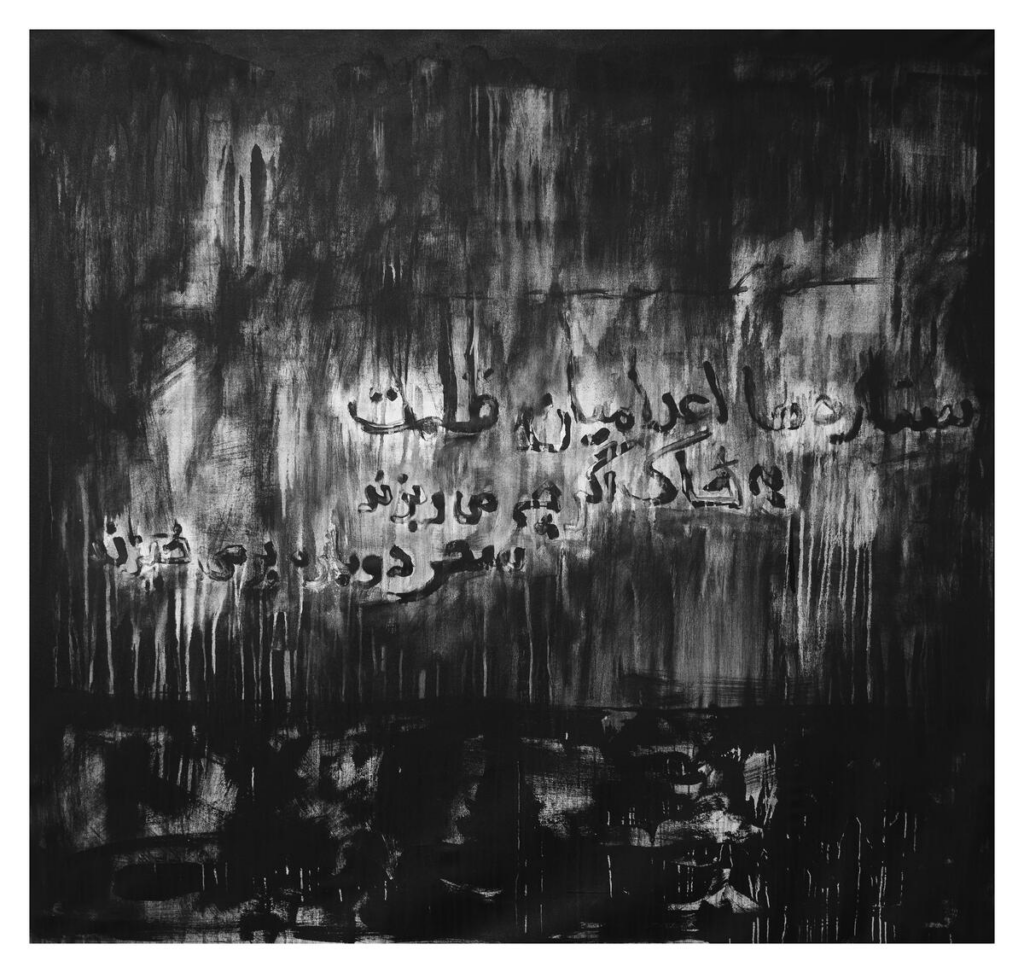
Echoes Seen: Collaborations in Image and Verse | September 14 – October 14
Supported by the Institute for Humanities Research, Herberger Institute for Design and the Arts, The Department of English and the School of Art; the graduate students and faculty of the MFA programs of Creative Writing and the School of Art at ASU present “Echoes Seen: Collaborations in Image and Verse.” The exhibition displays work across many mediums, varying from photography, drawing, clothing, ceramics, paper-mâché, video and sound installation, and range in subject matter from joy, collective mythology, personal history, cultural fragments and their assemblage, and the significance of artifacts. In this exhibition, the possibilities for new perspectives in artists’ craft through the lens of collaboration – in pleasurable submissions and active encounters with another’s imagination – is ultimately about forging new and radical relationships through art.
The exhibition is open from September 14 – October 14, 2023. The gallery is open Thursday-Saturday, noon-5 p.m. ; first and third Fridays, 6 to 9 p.m. Learn more.
Humanities Week | October 15-20th
From October 15-20, ASU will be hosting The College’s Humanities Week with over 20 in-person and virtual events. Learn more.
MFA Student Reading Series | October 20th
Presented by ASU’s Creative Writing Program, the event brings notable alumni authors to the ASU community for readings and discussions about their writing and literary works.
The event will take place at the Ellis-Shackelford House, 1242 N. Central Ave. Phoenix, AZ 85004 from 5:30-7:00 p.m.

ASU Common Read: A Virtual Visit with Woo-kyoung Ahn | October 26th
ASU is excited to host Yale psychologist Woo-kyoung Ahn, author of “Thinking 101: How to Reason Better to Live Better,” for a virtual visit. Ahn will discuss “Thinking 101″—ASU’s Writing Programs selected Common Read for 2023-24—and answer questions from students and faculty.
The event will be held on Zoom from 6 p.m. to 7 p.m. MST on Thursday, October 26, 2023. Learn more.
Virginia G. Piper Center for Creative Writing: Distinguished Visiting Writers Series (DNRS) | October 27th
The Virginia G. Piper Center for Creative Writing holds a series of free events open to the public to ensure all individuals have the ability to participate in the literary arts. Visiting authors host small workshops in partnership with the Piper Writers Studio, engage in intimate craft talks with students, visit ASU classes, and participate in other meaningful activities.
This month, the Piper Center welcomes Eileen Myles and Jenny Irish. The event will feature a reading and conversation with two inimitable voices as they read their work and discuss poetry, life, love, gender and more.
About the authors:
Eileen Myles
Eileen Myles (they/them, b. 1949) is a poet, novelist and art journalist whose practice of vernacular first-person writing has made them one of the most recognized writers of their generation. Pathetic Literature, which they edited, came out in Fall of 2022. A “working life,’ their newest collection of poems is out now. They live in New York & in Marfa, TX.
Jenny Irish
Jenny Irish is from Maine and lives in Arizona. She is the author of the hybrid collections Common Ancestor and Tooth Box, and the short story collection I Am Faithful. Her latest book is the poetry collection, Lupine. She is an associate professor of creative writing at Arizona State University.
Hear from these talented writers on Friday, October 27, 2023 from 6:30-8 p.m. MST.
The event will be held on the Tempe Campus in the Piper Writers House. RSVP to save your spot for this exciting literary event. Learn more.
